Humans
Sign up for our newsletter
We summarize the week's scientific breakthroughs every Thursday.
-
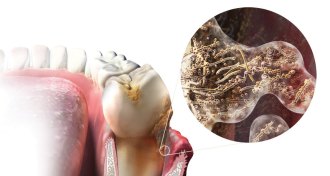 Health & Medicine
Health & MedicineGum disease opens up the body to a host of infections
Researchers are getting to the root of gum disease's implications for other diseases.
By Laura Beil -
 Neuroscience
NeuroscienceHippocampus makes maps of social space, too
The hippocampus is a multitalented mapmaker.
-
 Psychology
PsychologyMarijuana use starting in youth implicated in financial woes
Long-term, heavy pot smoking linked to financial troubles by age 38.
By Bruce Bower -
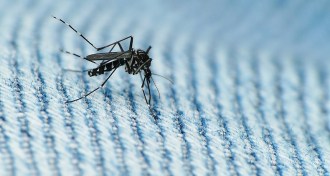 Health & Medicine
Health & MedicineFive things to know about Zika
Last week, a public health poll pointed to some myths that have been circulating about Zika. Let’s bust them.
-
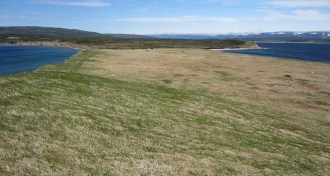 Archaeology
ArchaeologyPossible second Viking site found in Newfoundland
Newfoundland excavation reveals possible Norse settlement.
By Bruce Bower -
 Science & Society
Science & SocietyPulling ‘Vaxxed’ still doesn’t retract vaccine misconceptions
The Tribeca Film Festival’s decision to cancel its screening of an antivaccination film has been lauded as a win for science, but irrationality already won.
-
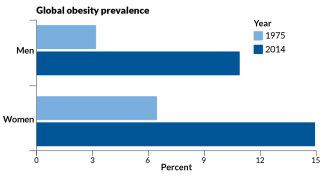 Health & Medicine
Health & MedicineGlobal obesity rates continue to climb
Despite public health campaigns, the worldwide prevalence of obesity is on the rise, an analysis of BMI data suggest.
By Meghan Rosen -
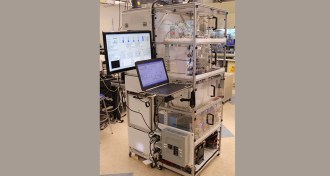 Health & Medicine
Health & MedicineMachine makes drugs on demand
A new drug-making system rapidly produces a variety of medications on demand.
-
 Health & Medicine
Health & MedicineFridge-sized contraption makes drugs on demand
A new drug-making system rapidly produces a variety of medications on demand.
-
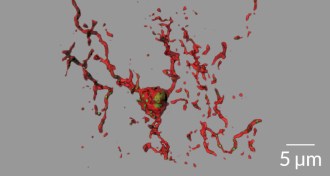 Neuroscience
NeuroscienceNerve cell links severed in early stages of Alzheimer’s
Nerve cell connections may be trimmed too much in early stages of Alzheimer’s.
-
 Health & Medicine
Health & MedicineEnvironment still tied to MS risk
50 years ago, scientists reported a possible connection between the environment and multiple sclerosis risk.
-
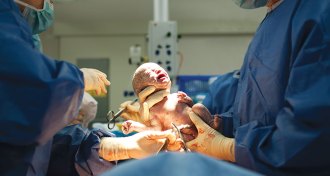 Health & Medicine
Health & MedicineShould C-section babies get wiped down with vagina microbes?
A study suggests that a post-birth rubdown with vaginal fluid offers starter microbes to babies born by C-section. But it might not always be a good idea.